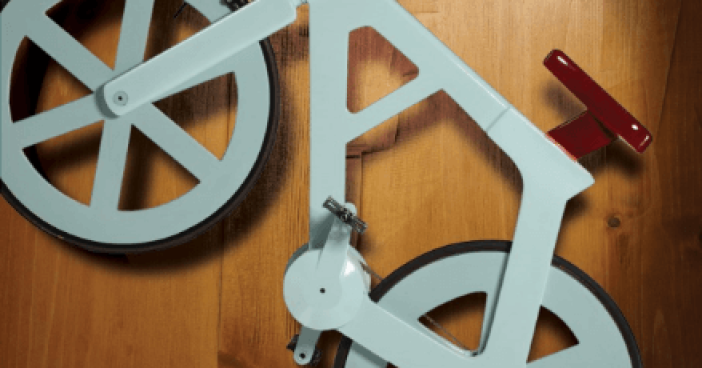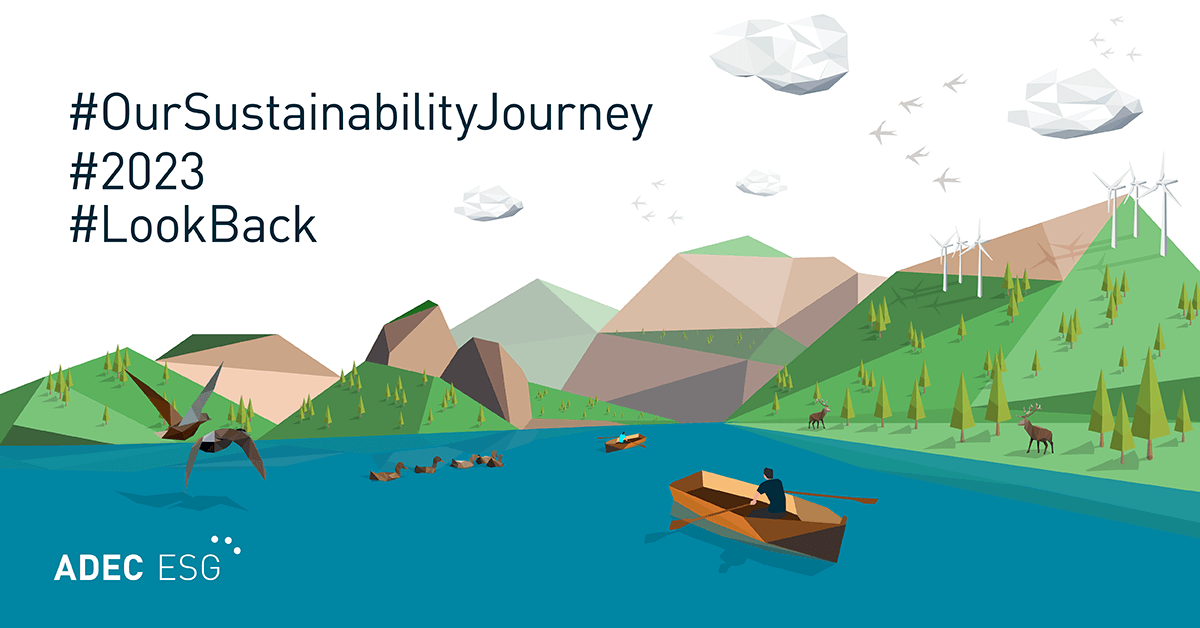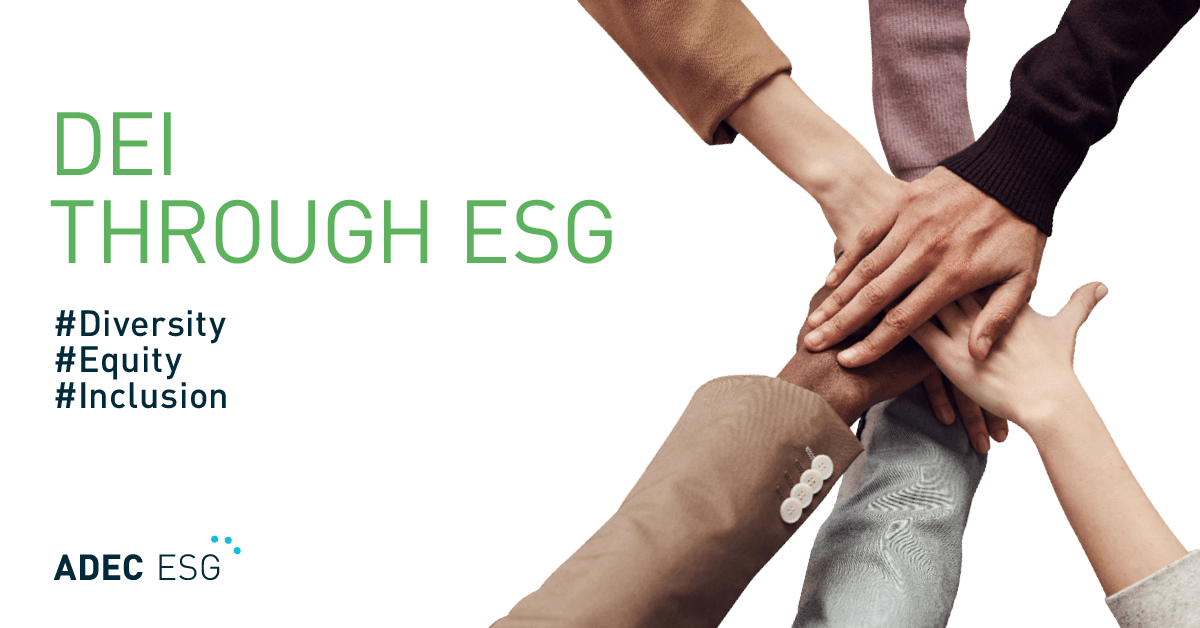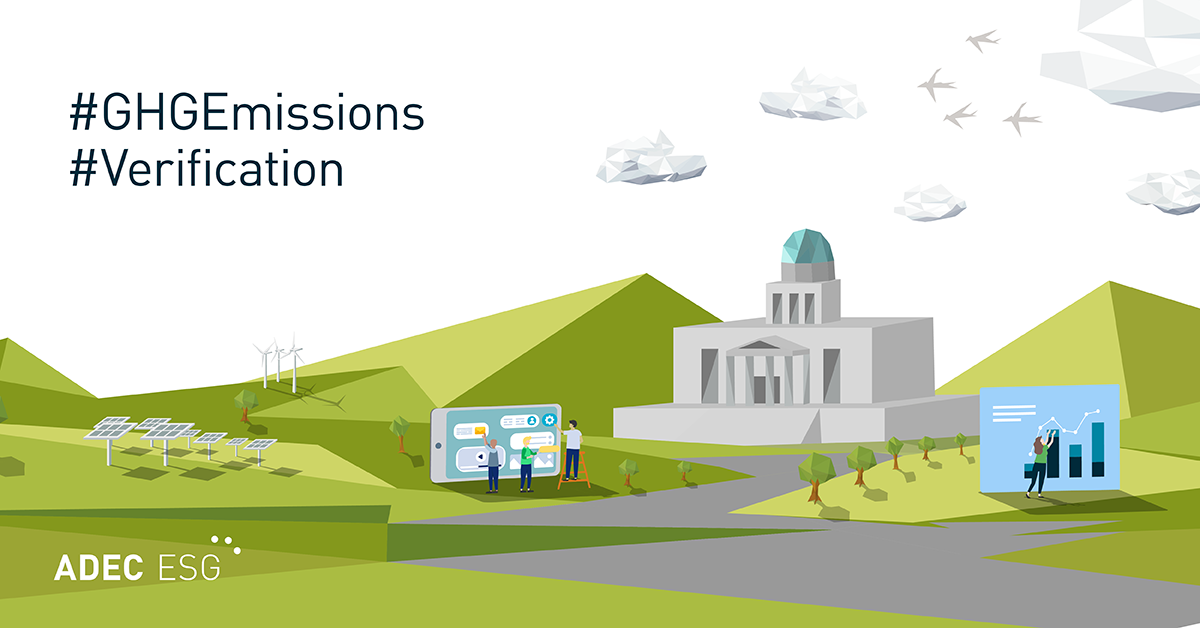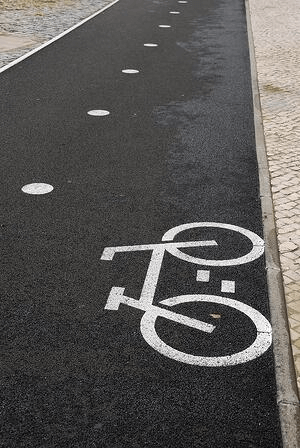 The following article is part of the ongoing Sustainability Matters series on the FirstCarbon Solutions (FCS) blog, which focuses on those who share a commitment to sustainability, the environment and our planet. The series concentrates on companies and organizations that conduct routine, everyday business in an exceptional, sustainable manner, as well as those offering unique products and services in a sustainable fashion. FCS hopes that the Sustainability Matters series can open eyes to those striving to make a difference. Click here to find previous articles from the Sustainability Matters series.
The following article is part of the ongoing Sustainability Matters series on the FirstCarbon Solutions (FCS) blog, which focuses on those who share a commitment to sustainability, the environment and our planet. The series concentrates on companies and organizations that conduct routine, everyday business in an exceptional, sustainable manner, as well as those offering unique products and services in a sustainable fashion. FCS hopes that the Sustainability Matters series can open eyes to those striving to make a difference. Click here to find previous articles from the Sustainability Matters series.
In developed nations such as the United States, bicycles are primarily associated with recreation. Even when used for transportation or commuting, a bike trip typically involves short trips to the corner store or around campus, with the bicycle usually serving as a supplemental means of transport to the automobile. In the developing world, however, where the combination of overcrowded streets, outdated infrastructure, and lack of transportation planning makes commuting via automobile impractical, bicycles tend to be the primary means of travel. But for many people living in developing nations, where poverty is all too common, even a simple bicycle can be out of reach.
Israeli businessman, inventor, and cyclist Izhar Gafni thinks he has the solution to this problem. After reading about a man who constructed a completely functional canoe from little more than cardboard and resin, Gafni started Cardboard Technologies. His goal was to build an inexpensive cardboard bicycle that could be commercially manufactured and made available to everyone. The bike is made almost entirely of recycled cardboard, which greatly reduces its weight (approximately 27 pounds). In addition to the cardboard, the bike is made from recycled plastic bottles and used car tires with a tubeless design that makes them puncture resistant.
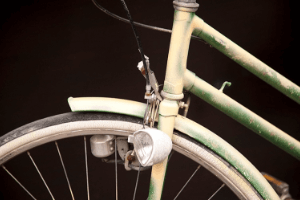 By turning ten dollars’ worth of cardboard, plastic bottles, used tires, resin, and paint into a strong yet lightweight bicycle, Cardboard Technologies has engineered a sustainable bike that would retail for roughly twenty dollars, or possibly less, depending on the particular market. And not only is this cardboard bicycle as sturdy and dependable as a traditional steel-framed bicycle (Gafni claims it can support around 275 pounds or more), but Cardboard Technologies’ creation is fire and water resistant, allowing for year-round use. The bike itself is also sustainable, since it is constructed from recycled material and in due time, can also be recycled itself.
By turning ten dollars’ worth of cardboard, plastic bottles, used tires, resin, and paint into a strong yet lightweight bicycle, Cardboard Technologies has engineered a sustainable bike that would retail for roughly twenty dollars, or possibly less, depending on the particular market. And not only is this cardboard bicycle as sturdy and dependable as a traditional steel-framed bicycle (Gafni claims it can support around 275 pounds or more), but Cardboard Technologies’ creation is fire and water resistant, allowing for year-round use. The bike itself is also sustainable, since it is constructed from recycled material and in due time, can also be recycled itself.
Those that have read FCS’ blog may remember that balancing the entire elements that comprise the “triple bottom line” – economy, equity, and environment – is the true measure of sustainability. Similar to Cardboard Technologies, other companies can also balance the 3 E’s of the triple bottom line by looking closely at each of its components:
ENVIRONMENT
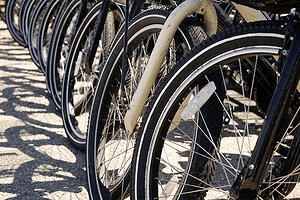 Cardboard Technologies takes cardboard, tons of it, and converts it into something more functional, instead of simply rendering it useless and dumping it. Other businesses can strengthen their materials recovery, recycling, and/or reuse programs, or start one if they haven’t yet. Minimizing waste by repurposing items is always a good place to start with the environmental component of the triple bottom line, because waste is always present, and will always be. Most of the time, people throw away things that can still be used, sometimes for the same purpose if not for another, like collecting scrap paper and saving their clean side to make a note pad.
Cardboard Technologies takes cardboard, tons of it, and converts it into something more functional, instead of simply rendering it useless and dumping it. Other businesses can strengthen their materials recovery, recycling, and/or reuse programs, or start one if they haven’t yet. Minimizing waste by repurposing items is always a good place to start with the environmental component of the triple bottom line, because waste is always present, and will always be. Most of the time, people throw away things that can still be used, sometimes for the same purpose if not for another, like collecting scrap paper and saving their clean side to make a note pad.
EQUITY
This component of the triple bottom line refers to how companies can help the communities around them through the way they conduct their business. Cardboard Technologies is aiming to give people from developing nations free access to a human necessity—modes of transportation that suit their communities and their environment.
Businesses can take a leaf out of Cardboard Technologies’ book and design products or services that they want to share freely to benefit communities around the world, especially those in developing countries. The possibilities are endless. What companies must do is to look into their own core values, size up their strengths and capabilities and start from there. Cardboard Technologies started with what they do best, which is reformulating and reengineering recycled cardboard, and transformed the material into an ergonomically designed mode of transportation for communities in developing nations.
ECONOMY
Of course, in order for any business to endure and thrive, it must gain profit. In the triple bottom line paradigm, however, aside from creating profit, businesses must also be able to size up the economic benefit that it has generated for the local, national, and even the global economy.
Cardboard Technologies balanced their goal of creating profit with their need to help people from developing nations gain access to practical transportation by slashing the price tag on their bikes. These cardboard bikes can help people with their education and with their livelihood, simply by making it easier for students to get to their faraway schools, or to transport produce to the neighboring town.
In order for companies to evaluate their positive impact on the sphere of their local or national economies, they must measure the jobs that they help generate, and how much it has improved the income and standards of the people living in their state or country. Like Cardboard Technologies, companies can focus on how they can best design their products and services to help people or create assistance programs based on their core values and practices.
FCS helps companies responsibly grow and operate by combining robust software with reliable consultations. Click on the button below so we can help you balance profitability with sustainability and social responsibility:

